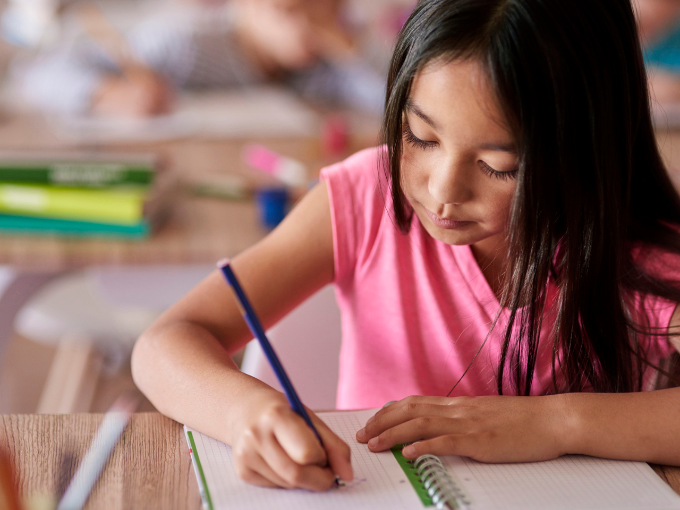Tag: grit
-

How to Teach Grit and the Growth Mindset
Over the years we have written about grit and growth mindset here at Educational Renaissance. These are important areas of recent research that align well with the aims of our educational renewal movement. But one of the really tricky issues is whether we can teach grit and growth mindset. Is it the case that children…
-

3 Leadership Books for Teachers
Teachers are the leaders of their classrooms. Now, this may seem obvious (who else would be in charge?), so let me explain. Teachers are responsible for the execution of classroom objectives and the development of their students. In a healthy school, they are given the freedom and responsibility, within a broader structure of administrative oversight,…
-

Finding Flow through Effort: Intensity as the Key to Academic Success
At the intersection of challenge and skill, the state of flow emerges: a state of total immersion and enjoyment. Jason Barney’s book on flow, entitled The Joy of Learning: Finding Flow through Classical Education connects Mihaly Csikszentmihalyi’s study of flow with the classical Christian classroom. In this article I plan to build on Jason’s work…
-

Fostering Grit Through Charlotte Mason’s Practice of Habit Training
We write and speak often at Educational Renaissance about the importance of cultivating good habits (you can listen to our podcast on habit training here). Habits are, as Charlotte Mason put it, the railways of the good life (Home Education, p. 101). A person with good habits experiences a life of ease, while a person…
-

Educating for Resilience in a Coddling Culture
In The Coddling of the American Mind (Random House, 2018), authors Greg Lukianoff and Jonathan Haidt make a forceful critique of the way Americans today go about raising and educating their children. Their point isn’t complicated: parents and teachers, in general, overprotect children from the challenges and rigor of everyday life. As a result of…
